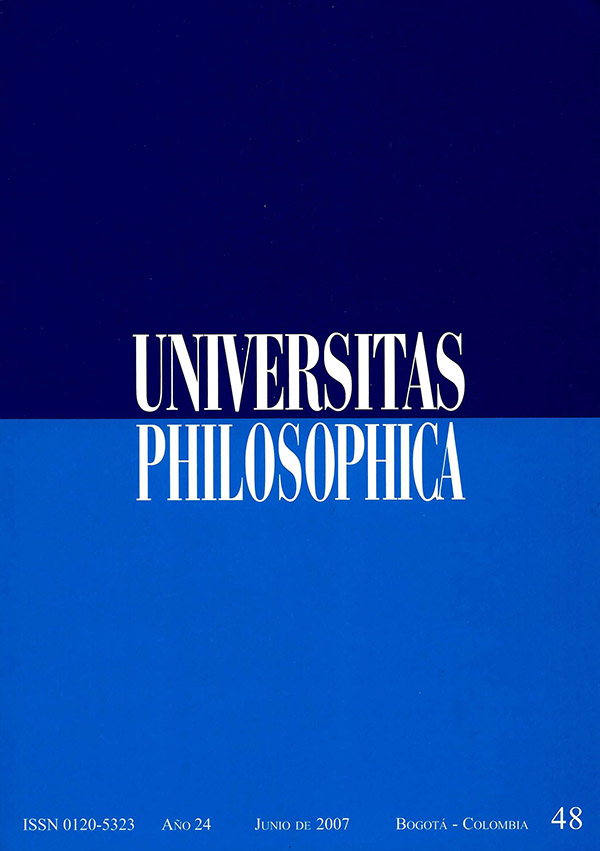Abstract
Recent challenges of mass media place us in the need to have to decide if, props as basic as the truth or the objectivity must continue being respected or not. To choose for one end condemns the journalistic task to what we have called the informative realism or to the most suspicious skepticism. If it is possible to return to recover the term (end) truth for the task of the Journalistic Information, it will be assuming that the professional does something with the reality of the one that reports. Already there is no possibility of thinking about an immaculate objectivity that confuses the professional with the instruments that he uses. But, without truth or objectivity will professional ethics be able to be saved on the one that settles itself the constitutional law to the information? This reflection is the one that leads us to looking for a new paradigm of comprehension of the truth that harmonizes the big lines of the western tradition of thought with the requirements that the professional routines impose to the Theory of the Journalistic Information.This journal is registered under a Creative Commons Attribution 4.0 International Public License. Thus, this work may be reproduced, distributed, and publicly shared in digital format, as long as the names of the authors and Pontificia Universidad Javeriana are acknowledged. Others are allowed to quote, adapt, transform, auto-archive, republish, and create based on this material, for any purpose (even commercial ones), provided the authorship is duly acknowledged, a link to the original work is provided, and it is specified if changes have been made. Pontificia Universidad Javeriana does not hold the rights of published works and the authors are solely responsible for the contents of their works; they keep the moral, intellectual, privacy, and publicity rights.
Approving the intervention of the work (review, copy-editing, translation, layout) and the following outreach, are granted through an use license and not through an assignment of rights. This means the journal and Pontificia Universidad Javeriana cannot be held responsible for any ethical malpractice by the authors. As a consequence of the protection granted by the use license, the journal is not required to publish recantations or modify information already published, unless the errata stems from the editorial management process. Publishing contents in this journal does not generate royalties for contributors.


